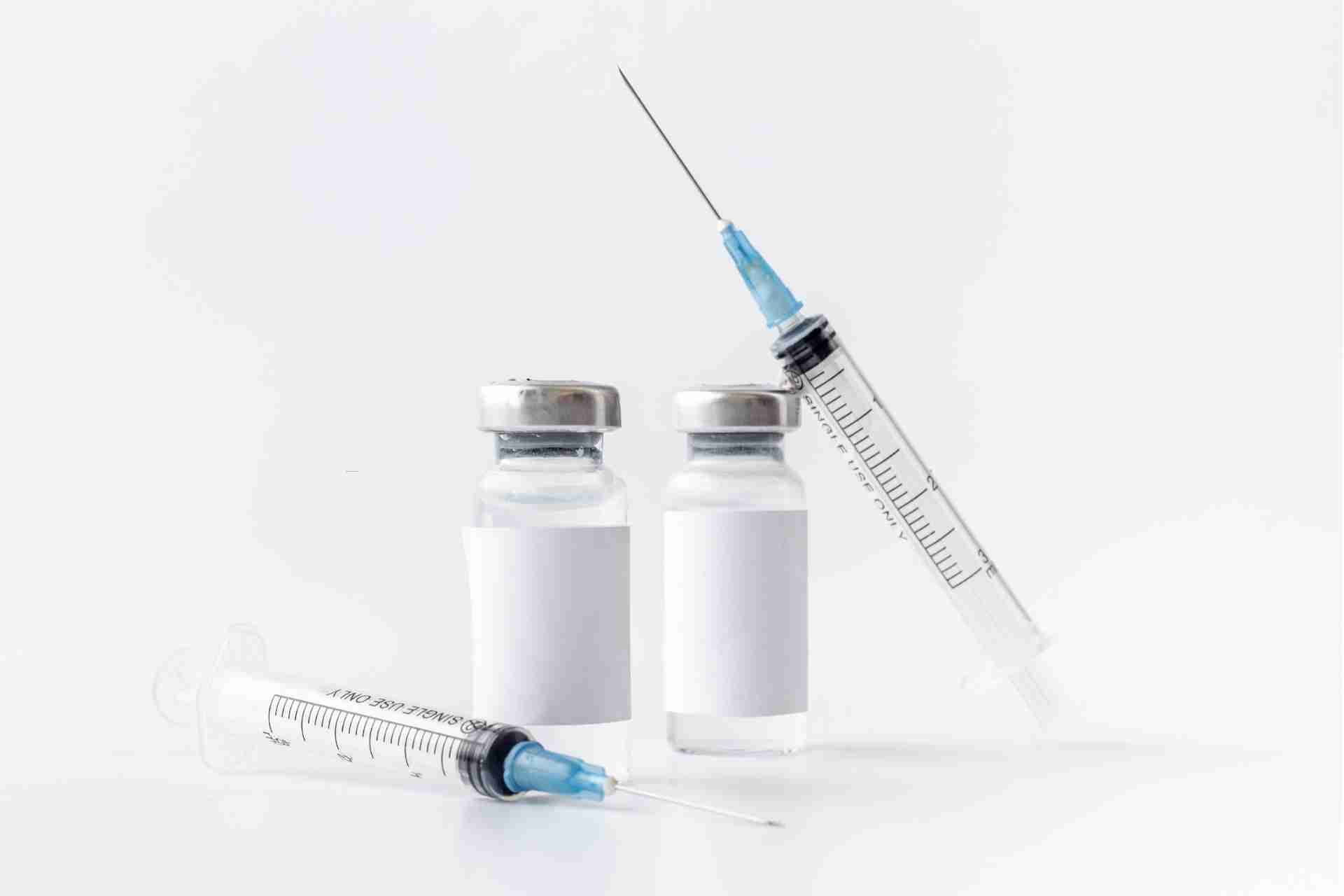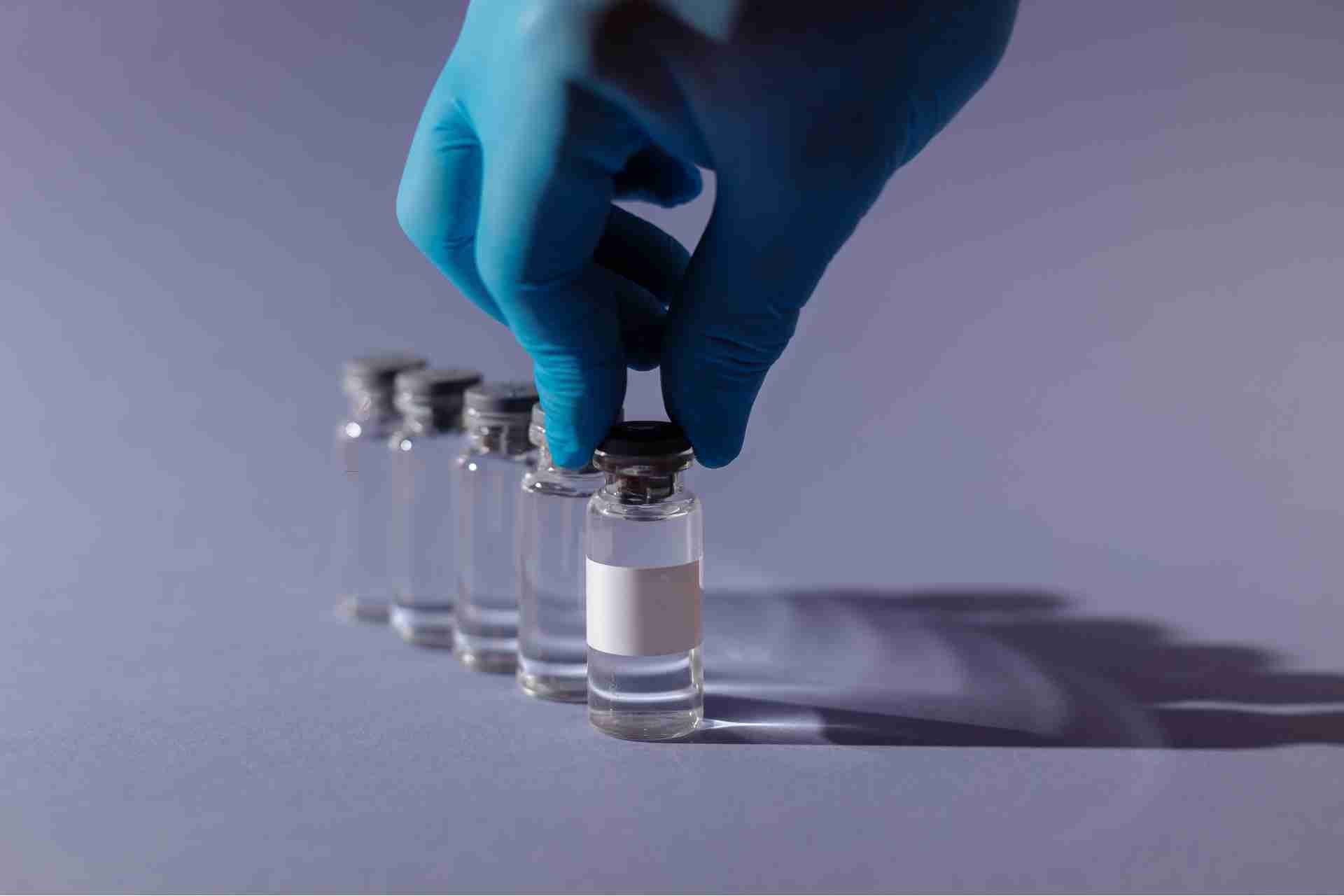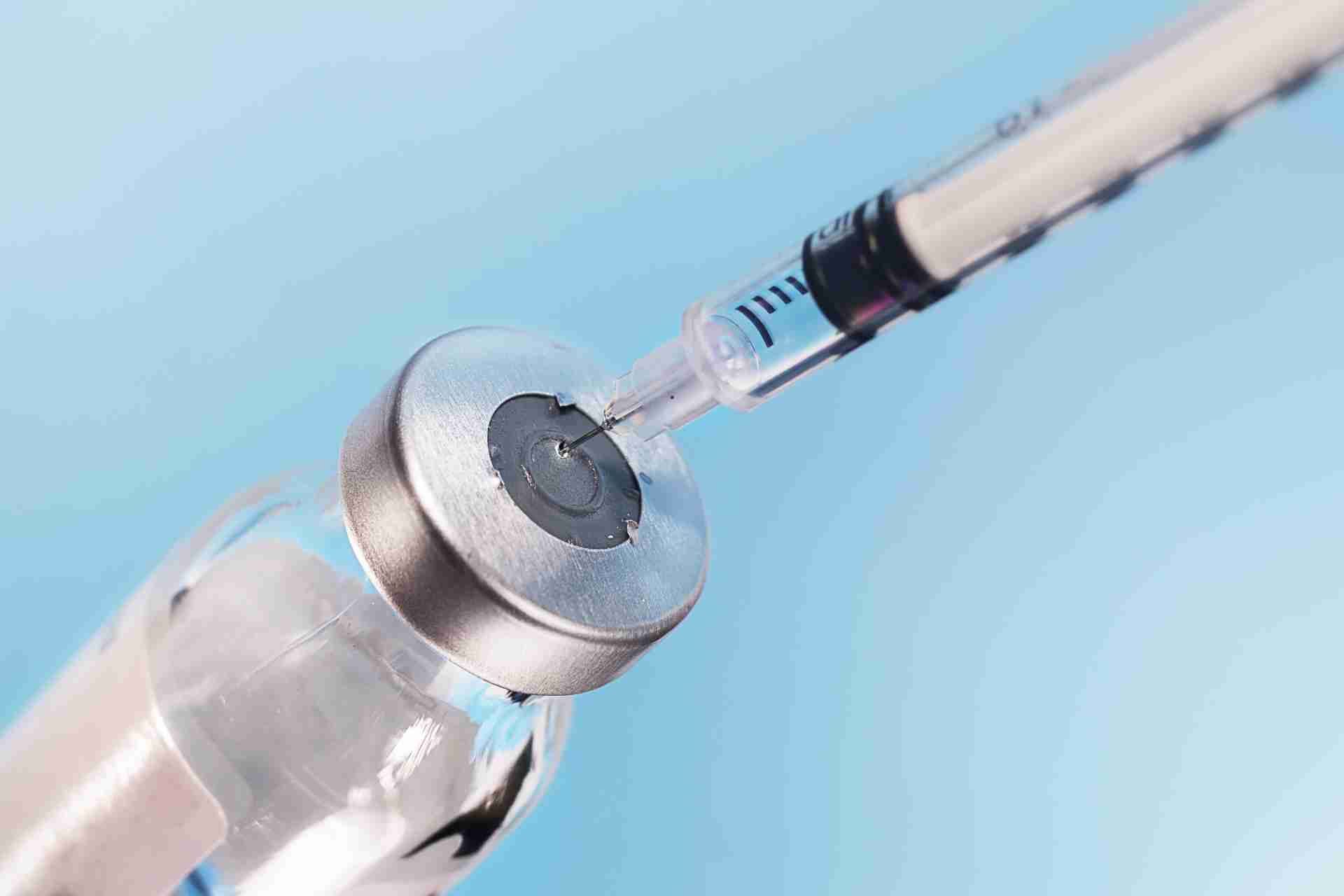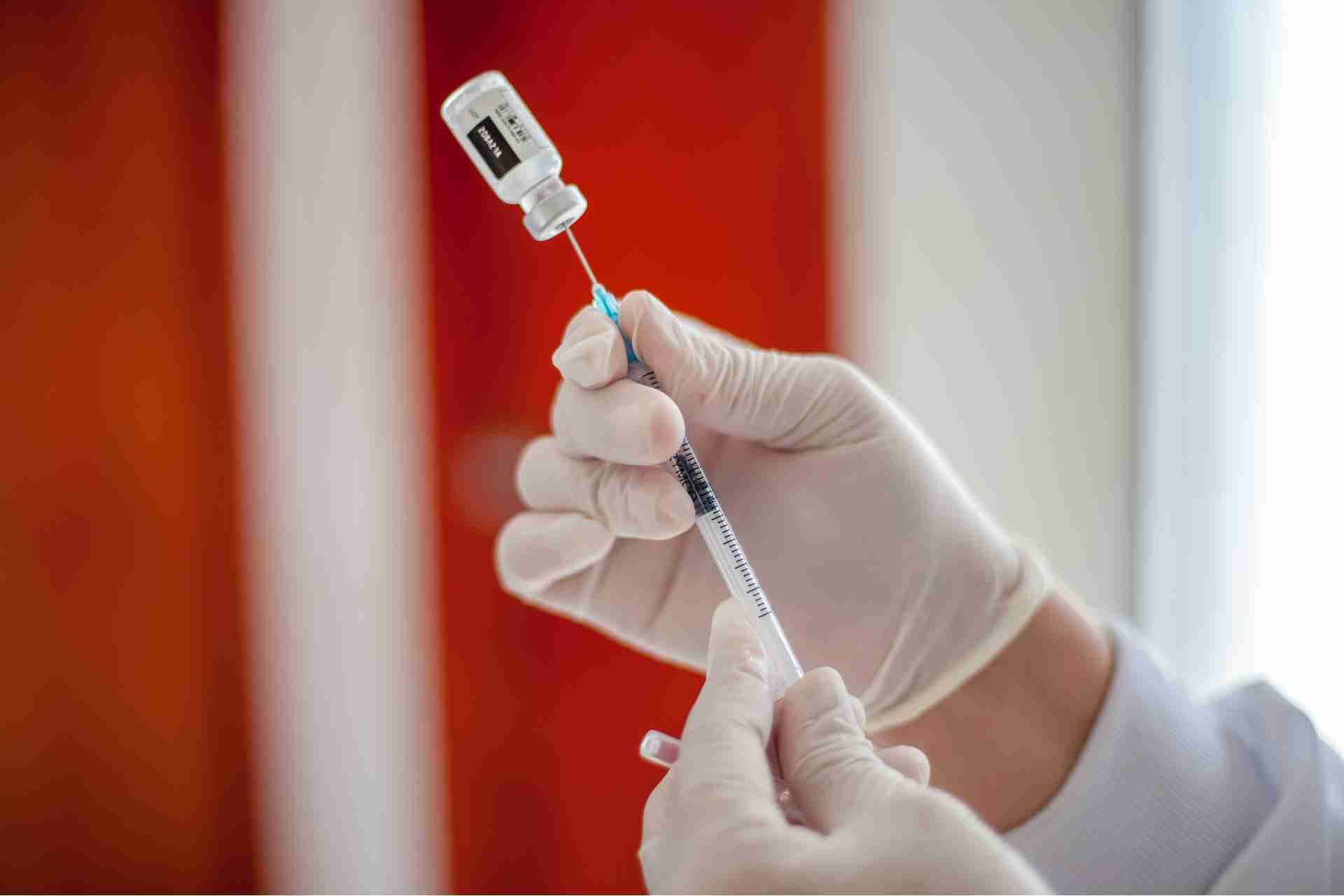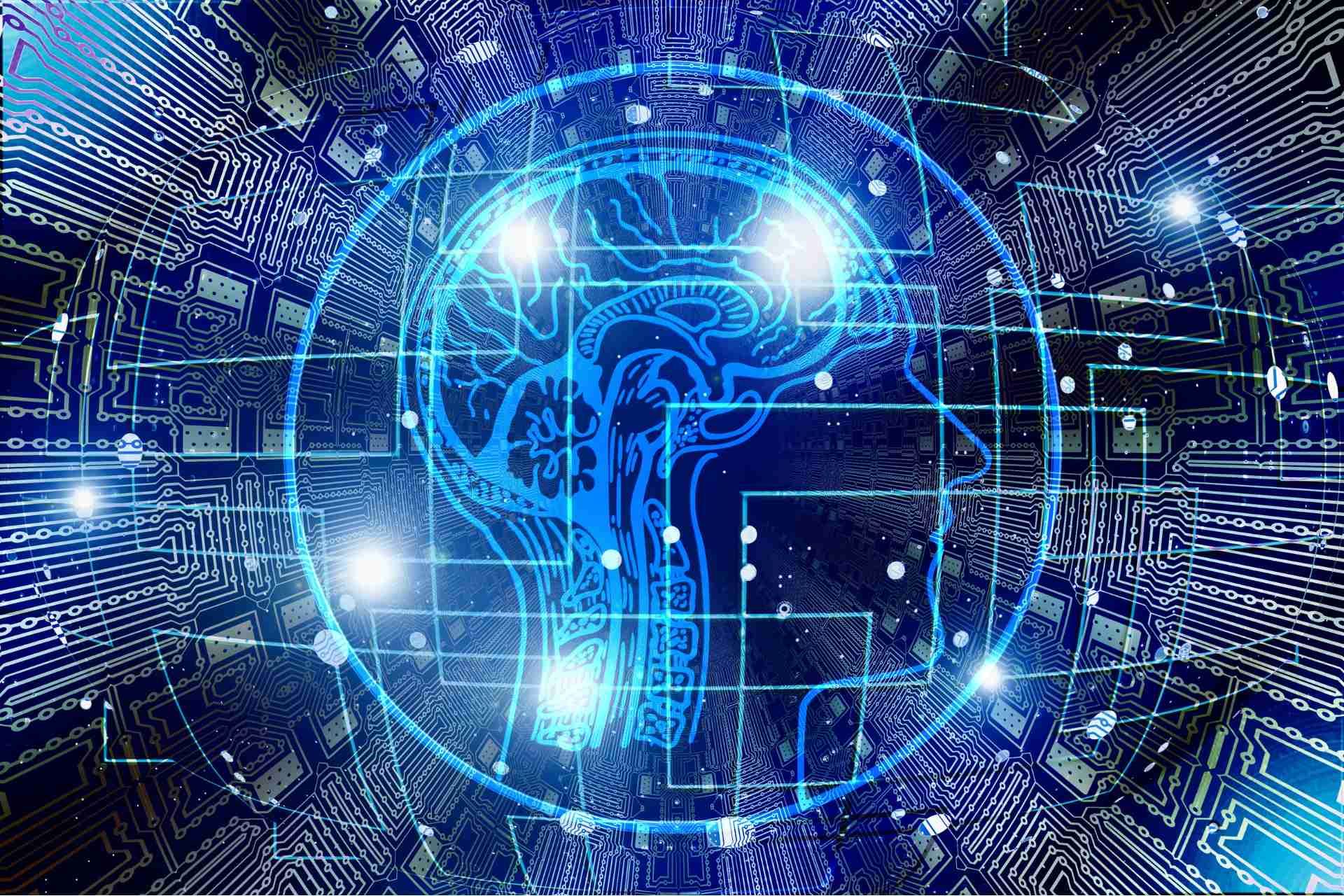How bad is post-traumatic stress disorder?
Understanding the Impact of Post-Traumatic Stress Disorder (PTSD): Unveiling the Far-Reaching Effects
Post-Traumatic Stress Disorder (PTSD) is a psychological condition that can significantly impact an individual's mental and emotional well-being. It arises from experiencing or witnessing traumatic events that evoke intense fear, helplessness, or horror. The effects of PTSD extend far beyond the initial trauma, often leading to long-lasting consequences that affect various aspects of a person's life. In this blog post, we will explore the profound impact of PTSD, shedding light on its symptoms, causes, and the negative repercussions it can have on individuals, relationships, and society. By understanding the severity of PTSD, we can promote empathy, support, and effective interventions to help those who are affected.
Understanding PTSD
- Definition: Provide a clear definition of PTSD and explain its classification as an anxiety disorder.
- Symptoms: Discuss the common symptoms associated with PTSD, including flashbacks, nightmares, intrusive thoughts, hypervigilance, avoidance behavior, and emotional numbing.
- Causes and Triggers: Highlight various traumatic events that can lead to the development of PTSD, such as war, physical or sexual assault, natural disasters, accidents, and witnessing violence.
The Impact on Mental and Emotional Well-being
- Emotional Distress: Discuss the emotional toll of PTSD, including feelings of fear, anger, guilt, shame, and sadness. Emphasize the disruption of normal emotional functioning and the heightened sensitivity to triggers.
- Anxiety and Panic Disorders: Explain how PTSD can lead to the development of other anxiety-related disorders, such as panic disorder and generalized anxiety disorder, further exacerbating an individual's distress.
- Depression and Suicidal Ideation:
Address the increased risk of depression and suicidal thoughts among individuals with PTSD due to the persistent feelings of hopelessness, helplessness, and despair.
Impact on Daily Functioning
- Occupational Challenges: Explore how PTSD can hinder an individual's ability to concentrate, make decisions, and maintain productivity at work. Discuss the increased likelihood of absenteeism, impaired job performance, and occupational instability.
- Social and Interpersonal Difficulties: Highlight the strain PTSD can place on relationships, including reduced social engagement, difficulty forming and maintaining close connections, and increased conflict due to emotional and behavioral changes.
- Self-Isolation and Avoidance Behavior:
Discuss how individuals with PTSD may isolate themselves from social activities, public spaces, or specific triggers associated with their trauma. Explain the negative consequences of social withdrawal and the potential for further isolation.
Physical Health Implications
- Sleep Disturbances: Address the prevalence of sleep disorders among individuals with PTSD, such as insomnia, nightmares, and sleep apnea, and how these disturbances contribute to a cycle of fatigue and worsened mental health.
- Substance Abuse and Addiction: Discuss the correlation between PTSD and substance abuse as individuals may turn to drugs or alcohol as a coping mechanism. Explain the risks of developing addiction and the subsequent impact on physical and mental well-being.
- Chronic Health Conditions:
Explore the potential links between PTSD and increased vulnerability to physical health problems, such as cardiovascular issues, autoimmune disorders, and gastrointestinal disturbances, due to the prolonged activation of the body's stress response system.
The Need for Support and Treatment
- Encouraging Compassion and Understanding: Promote empathy and destigmatization of PTSD by raising awareness about its impact and complexities.
- Seeking Professional Help: Emphasize the importance of seeking professional support, such as therapy, counseling, and medication, to manage PTSD symptoms effectively.
- Self-Care and Coping Strategies: Provide suggestions for self-care practices, including relaxation techniques, exercise, healthy lifestyle habits, and engaging in enjoyable activities to promote overall well-being.
Conclusion
Post-Traumatic Stress Disorder (PTSD) has far-reaching consequences on individuals' lives, affecting their mental and emotional well-being, daily functioning, and physical health. By recognizing the severity of PTSD and understanding its impact, we can foster a more supportive and compassionate society. It is essential to provide accessible and effective mental health resources, promote destigmatization, and encourage individuals to seek professional help. With the right support and treatment, individuals with PTSD can find healing, regain control over their lives, and move towards a brighter future.


